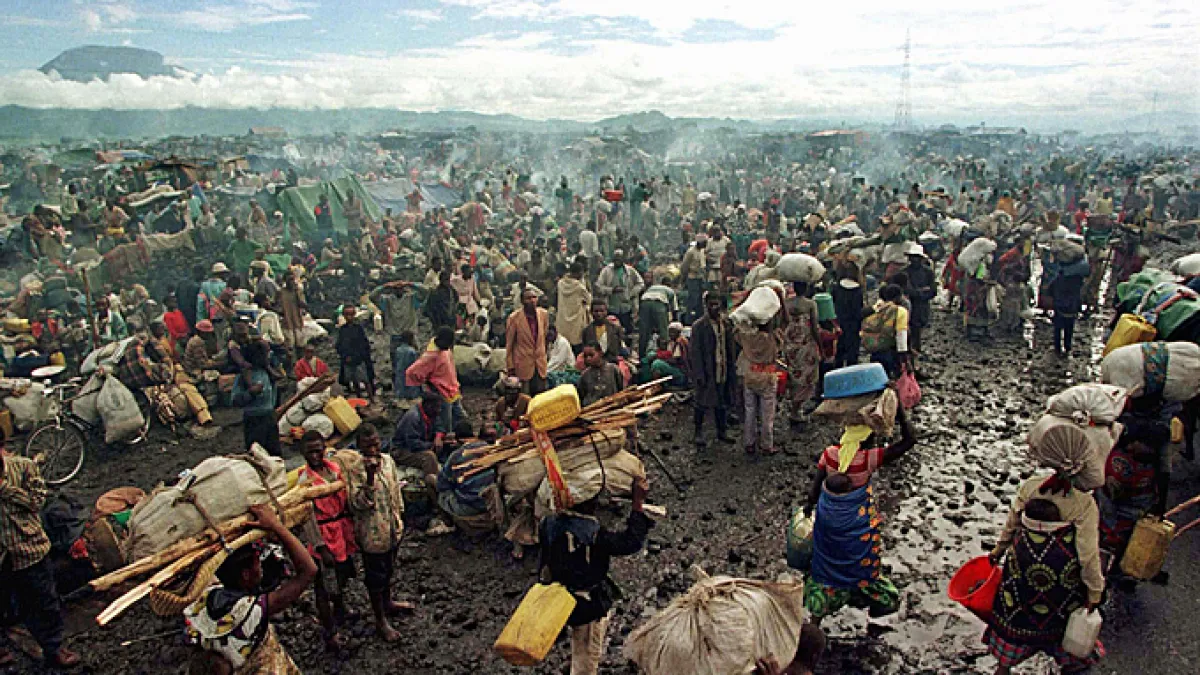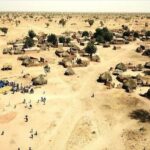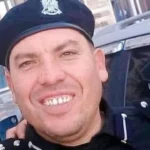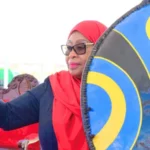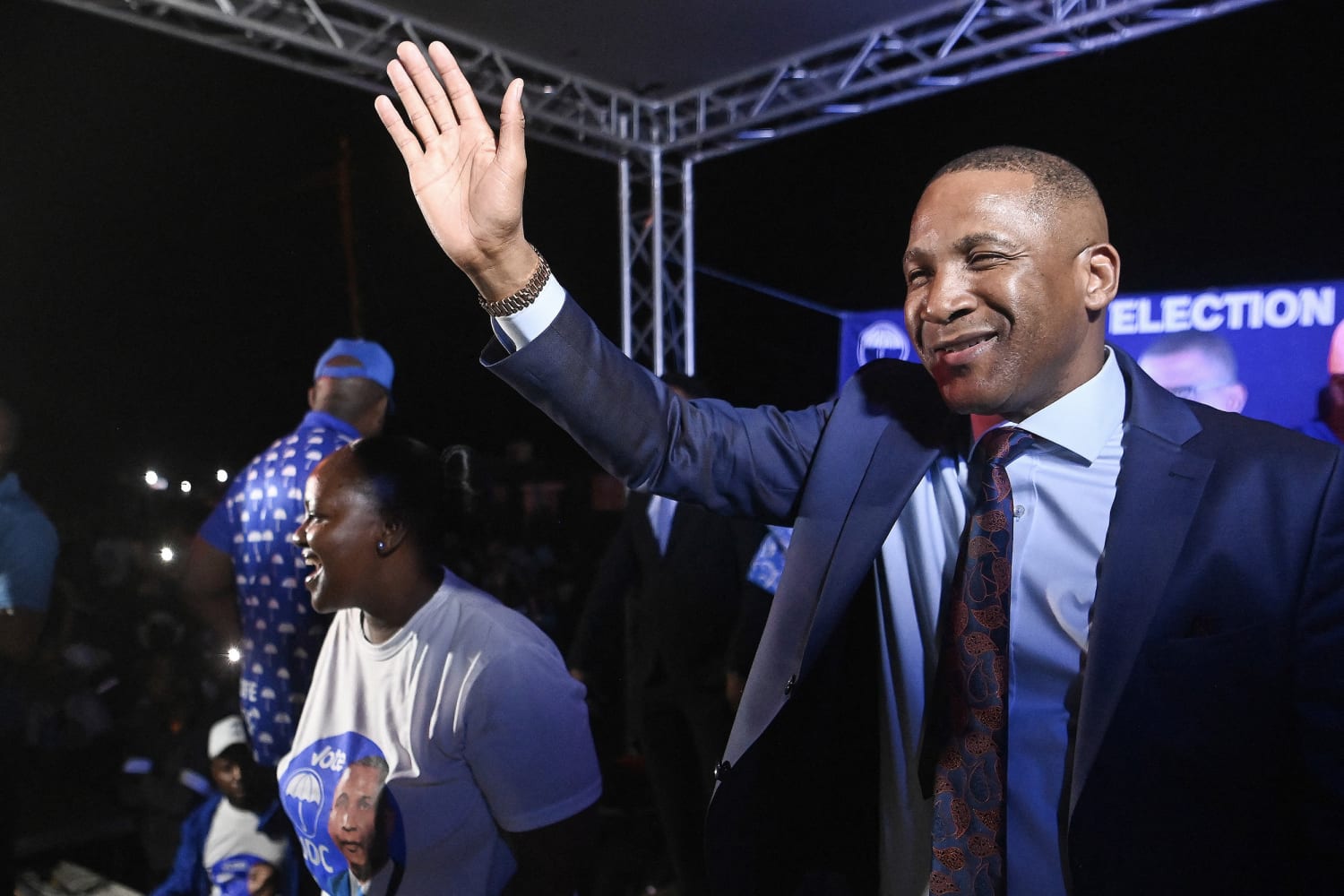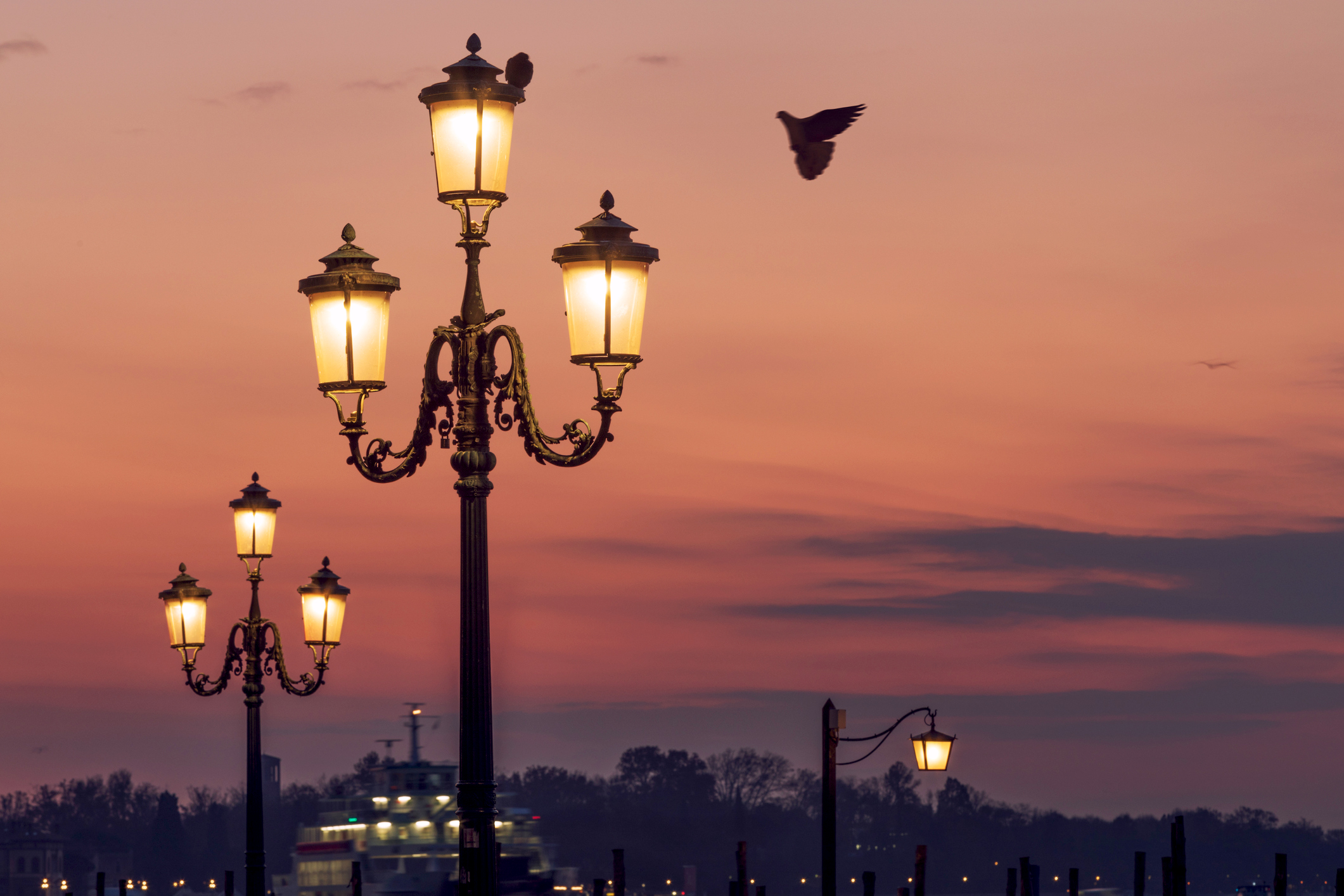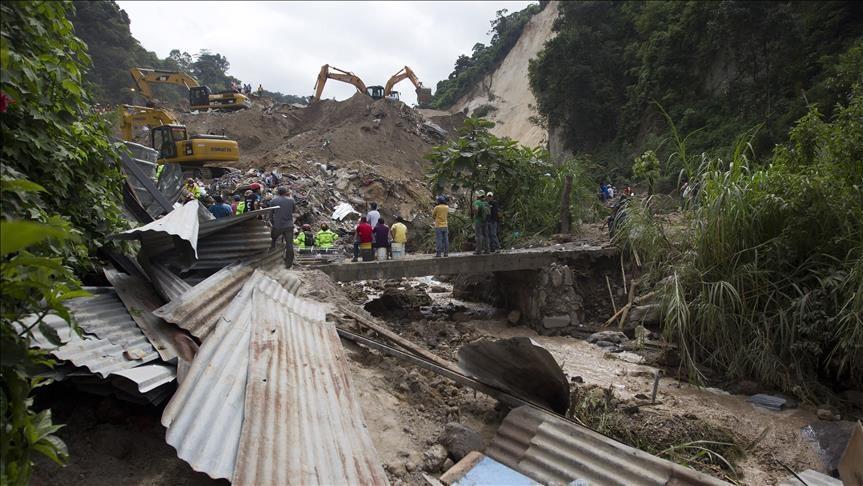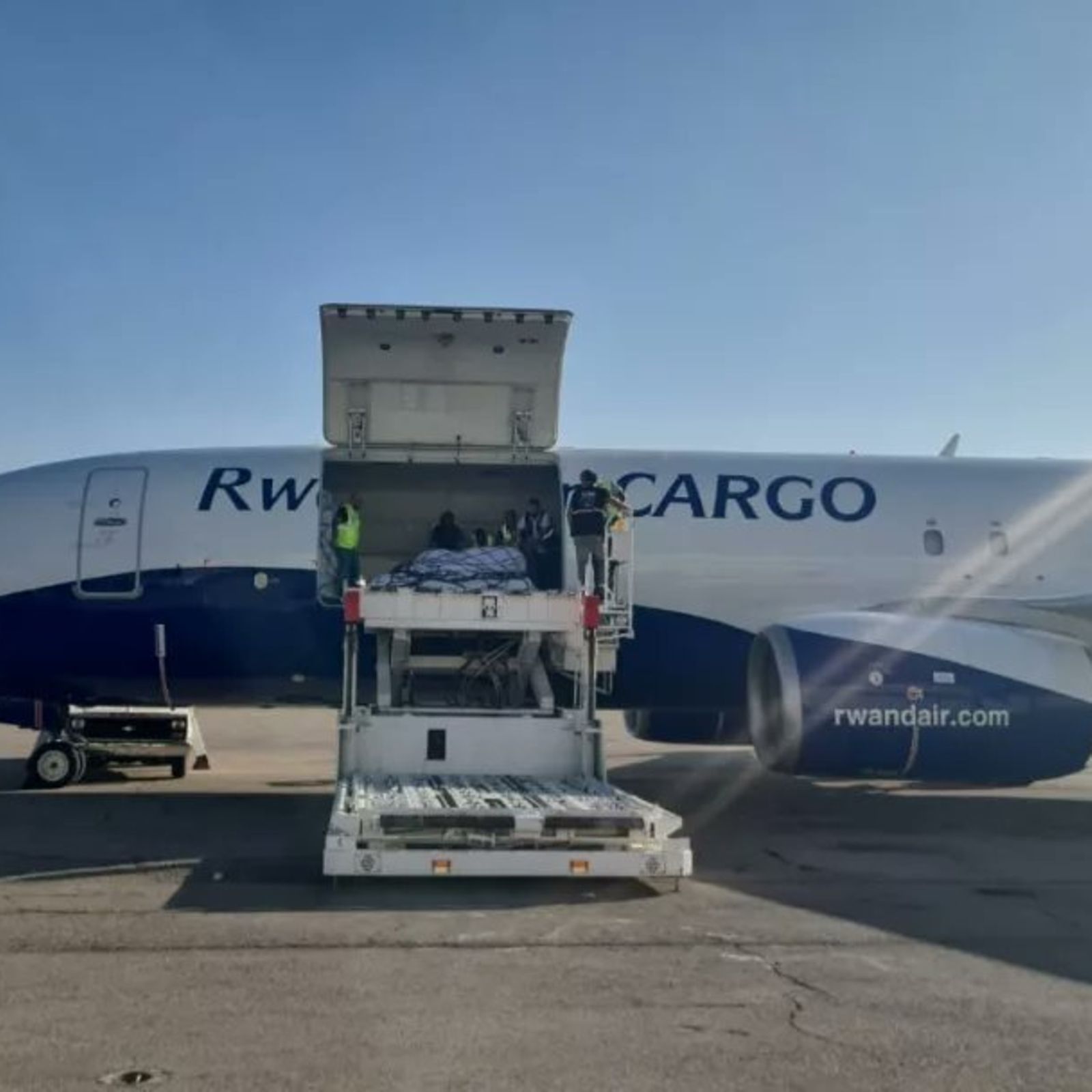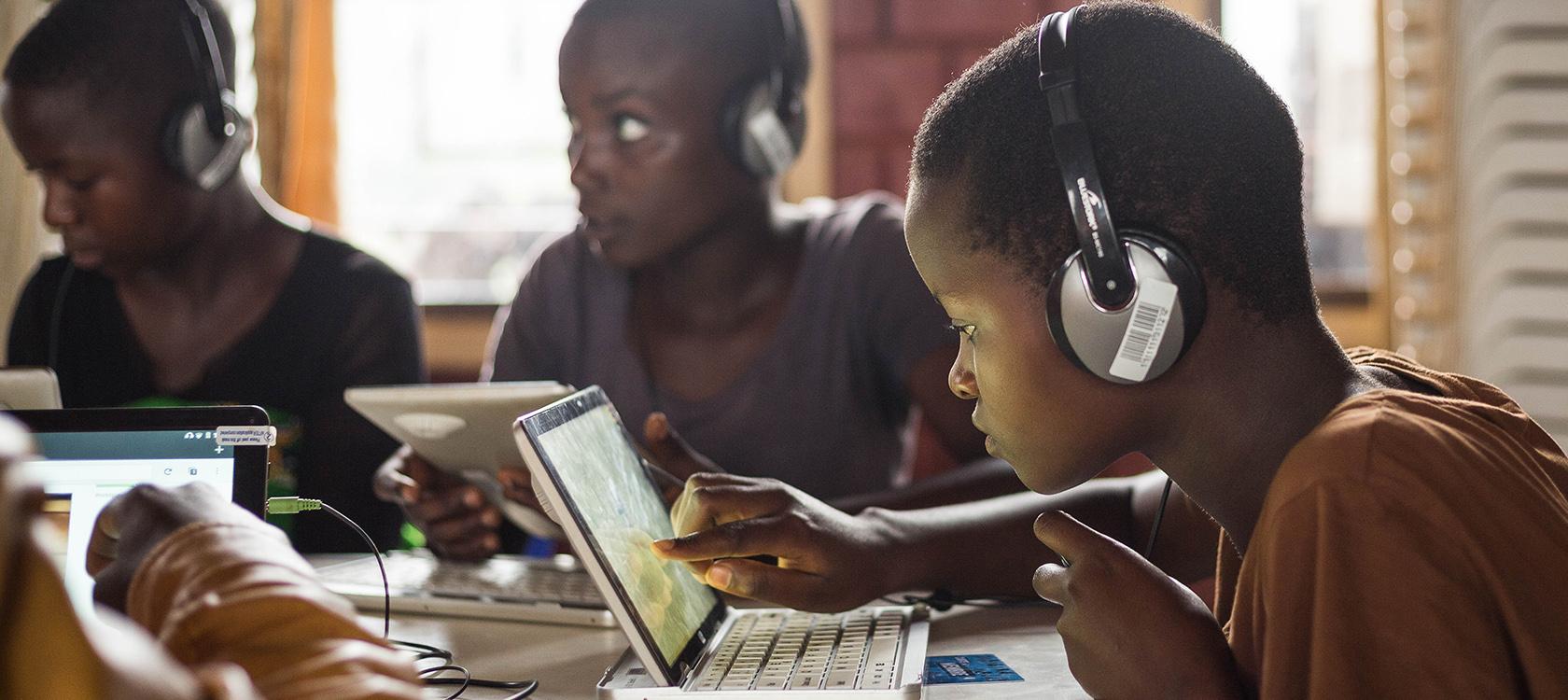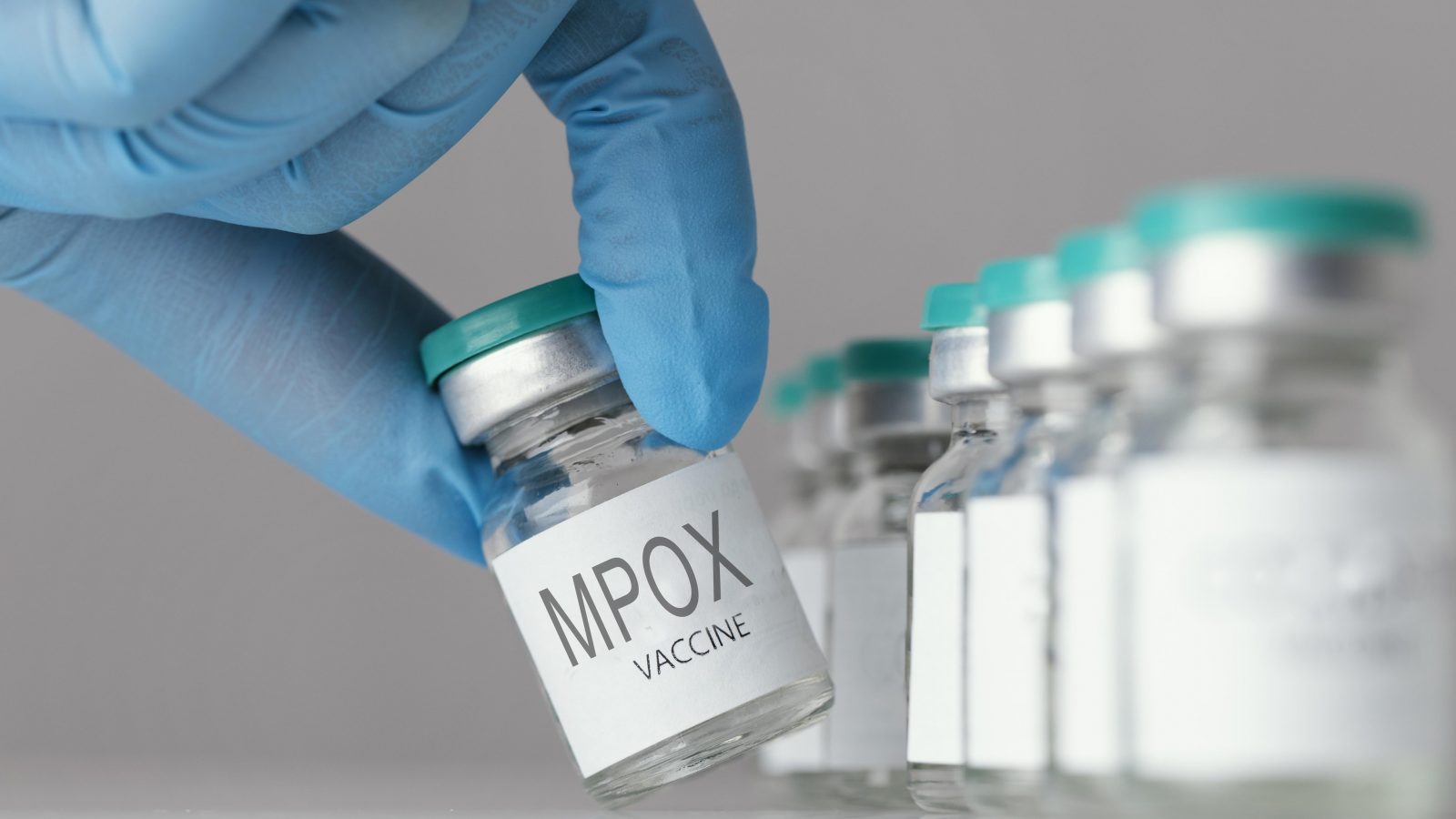UN reports 1.4 million affected by flooding in South Sudan
The United Nations Office for the Coordination of Humanitarian Affairs (OCHA) has reported that approximately 1.4 million people have been affected by the flooding disaster in South Sudan, with 379,000 people displaced. According to a statement from OCHA, the floods in South Sudan this year have impacted around 1.4 million people. The statement also revealed that 379,000 people have been displaced due to the floods. The floods in South Sudan this year have been described as the worst in recent years, with many roads submerged. The statement noted that humanitarian aid deliveries have been delayed due to the difficult conditions and the efforts of response teams to reach affected communities. The statement also mentioned an increase in malaria cases, which has overwhelmed the health system and worsened the situation in flood-affected areas.
Rwanda discharges last patient of Marburg virus disease
More than a month after Rwanda declared an outbreak of Marburg virus disease, health authorities have discharged the last patient, the World Health Organization (WHO) said on Saturday. The last patient was discharged on Friday but their contacts, along with those of previously discharged patients, will continue to be followed up until the end of their 21-day observation period, the WHO said in a statement. If no new infections arise 42 days after the last confirmed case tests negative, the outbreak will be declared over. A total of 66 cases and 15 deaths have been recorded during the outbreak, which was declared on Sept. 27. Health Minister Sabin Nsanzimana said the outbreak is under control and though no new cases are being reported for over a week, surveillance measures continue. “This outbreak demonstrates that with the best available treatment, recovery is possible, and contributions to science can be made,” he said. “The evidence generated from this outbreak is going to help shape surveillance activities going forward and prevent future outbreaks.” Brian Chirombo, WHO representative in the East African country, attributed the containment of the disease to concerted efforts which involved rapid deployment of rapid response teams, close monitoring of contacts, and implementation of infection prevention and control measures. “Rwanda is successfully emerging from a highly challenging outbreak, effectively mitigating its potentially devastating impacts. The WHO remains committed to supporting these ongoing collaborative efforts until the outbreak is officially declared over,” he said. Marburg virus disease is in the same family as the virus that causes Ebola, a highly virulent disease that causes hemorrhagic fever, with a fatality ratio of up to 88%. The virus is transmitted to people from fruit bats and spreads among humans through direct contact with the bodily fluids of infected people, surfaces and materials. Symptoms include high fever, strong headache, vomiting and muscle aches.
Botswana swears in Duma Boko as president
Thousands of people gathered in Gaborone, Botswana, on Friday for the inauguration of the country’s new president, Duma Boko, marking the end of the former ruling party’s 58-year reign. Boko, leader of the Umbrella for Democratic Change (UDC) coalition, which secured 36 parliamentary seats and denied former president Mokgweetsi Masisi a second term, took the oath of office in front of a large crowd. Arriving in an open-top vehicle with flag-bearing soldiers on white horses, Boko delivered his first official address as president, calling for unity and reconciliation after a contentious election. He praised his predecessor, Masisi, for conceding power peacefully, despite the jeers he faced during the campaign. “This is a historic moment, humbling and sobering,” Boko said, emphasizing the importance of moving past division and focusing on the country’s future. He expressed deep gratitude to the citizens who elected him and promised to serve with love and dedication. Boko’s speech, filled with optimism, was light on specific plans but referenced his party’s campaign promises, including tackling corruption, implementing a minimum wage of 4,000 Pula ($302) per month, and expanding social benefits such as unemployment allowances and old age pensions. Unemployment remains the most pressing concern for Batswana, with rates rising to 27.6% in 2024, up from 25.9% in 2023. The country’s reliance on diamond exports, which account for 80% of revenue, has been strained by the global downturn in demand. Calls for increased local ownership and a larger share of the mining profits have gained traction. Among the dignitaries attending the inauguration were former president Ian Khama, South African Deputy President Paul Mashatile, and Economic Freedom Fighters leader Julius Malema. Boko’s victory and the peaceful transfer of power have been hailed as a historic moment for Botswana, a country once believed unlikely to see a peaceful handover to an opposition party.
Burkina Faso mulls death penalty reinstatement
Burkina Faso’s military junta is considering bringing back the death penalty, a move that would reverse the country’s 2018 abolition of capital punishment.
African street food: A flavorful journey through regional delights
African street food is not only beloved by locals but is increasingly captivating tourists with its bold flavors
US, UN officials discuss Haiti, Somalia, Yemen issues
In a phone call with UN Secretary-General Antonio Guterres and US Secretary Antony Blinken discussed the security needs in Haiti and Somalia and advocated for detainees held by Houthis in Yemen.
New insurgent group kills 15 in Northwest Nigeria raid
The group Lakurawas, formed by militant herding communities along the Nigeria-Niger border following a coup in Niger in July 2023, has recently emerged as a threat
Cairo: Africa’s first city to shine with street lighting in 1863
Cairo became the first city in Africa to introduce street lighting in 1863
Nigeria military denies secret abortions, child killings
Nigeria’s Human Rights Commission has concluded an investigation into allegations of war crimes by the Nigerian military in the northeast.
UNHCR: 71 pct of Sudanese refugees faced human rights abuses
As Sudanese refugees continue to flood into Chad, UNHCR reports widespread human rights violations, with many refugees suffering deep trauma and fleeing appalling violence.
US condemns M23 ceasefire violations in DR Congo
The US has expressed deep concern over M23 rebel group’s continued attacks in eastern DR Congo, urging immediate cessation of hostilities and withdrawal from occupied territories.
Mozambique protests intensify amid election dispute
Thousands protested in Mozambique’s capital on Thursday and security forces responded by firing tear gas and rubber bullets, as weeks of post-election unrest continued in the southern African country. The protests were sparked by a vote last month that will keep the ruling party in power for more than a half-century amid allegations of rigging. Opposition parties and many citizens have rejected the results of the Oct. 9 presidential election as fraudulent and growing protests in the capital, Maputo, and other cities have been met by deadly force from police. Thursday’s protest was the biggest yet. International rights groups say police have killed at least 20 people since the unrest began nearly a month ago, while local groups say the death toll is more than 50. Authorities are threatening to deploy the army as protesters set fires on the streets and burn ruling party offices. According to Human Rights Watch, the internet is being restricted and social media sites have been blocked. Neighboring South Africa has shut its border post with Mozambique and heightened security around it. What happened in the election? The candidate for the ruling Front for the Liberation of Mozambique, Daniel Chapo, was declared the winner of the presidential election on Oct. 24. That keeps the party that has governed Mozambique since independence from Portugal in 1975 in power for another five years. Even before the results were announced, opposition parties claimed fraud, accusing the ruling party, Frelimo, of ballot stuffing, manipulating voter lists, and staffing polling stations with officials loyal to it. Frelimo has long been accused of rigging elections in the country of around 34 million. The European Union’s observer team said there were irregularities in the election, including the altering of some results. Mozambican media has reported that the Constitutional Council, the supreme body for election law, has asked the commission that ran the election to explain discrepancies. Senior opposition figures killed Independent candidate Venancio Mondlane, who was second behind Chapo in the official results, has led criticism of the vote. He called for a national strike and for people to stay at home in the days after the election in protest at the alleged tampering. But the mood changed when two senior opposition figures were killed in their car in a late-night shooting by unidentified gunmen on Oct. 18. The men who were killed were the lawyer for Mondlane and the official spokesperson for the political party that supported Mondlane in the election. Mondlane said they were assassinated and he and opposition supporters gathered near the site of the killings the day after to protest. Police fired tear gas canisters at Mondlane, his aides and journalists who were interviewing him, forcing them to flee. Growing protests Since then, there have been waves of protests across the country. In one city, protesters toppled and cut the head off a statue of current President Filipe Nyusi, who is stepping down after serving a maximum two terms. Mondlane said on social media that he had gone into exile in fear for his life after the killing of his lawyer. His whereabouts are unknown, but he has called on social media for more protests “so that we can then be freed from these shackles that have held us up for 50 years.” Authorities have said little other than the protests have been violent and needed to be quelled. They have not given information on the number of people killed or injured in the protests. Rights groups accused the police of shooting at peaceful protests in the days after the election and said children were among the victims. Anger among opposition supporters has swelled. The presidential palace is under heavy guard. A history of civil war and violence Mozambique is still in the shadow of a bloody 15-year civil war the leftist Frelimo fought against rebel group Renamo after independence. The country only held its first elections in 1994 and this was the first vote where there were no armed groups connected to political parties after a process to disarm militias. The country, which has rich natural resources including large, newly discovered natural gas fields, was already struggling with a yearslong insurgency by an Islamic State-affiliated group in the northern province of Cabo Delgado. Mondlane, who broke away from Renamo, has support among Mozambique’s disaffected youth and he and the new Podesa party that is backing him have become the biggest challenge to Frelimo’s long rule.
Samburu tribes celebrate tradition with cultural festival in Kenya
The tribes living in the Samburu region in northern Kenya are among the few that can still live according to their traditions. One of the most important aspects of the Samburu tribe’s survival is their livestock, including cattle, sheep, goats, and camels, from which they earn their livelihood. At a festival organized by the nomadic Maa community in the Samburu National Reserve, they performed cultural dances in their traditional clothing and jewelry.
Landslide in Western Cameroon kills 4, over 50 missing
At least four people have died and over 50 are missing in western Cameroon after three passenger buses and several road workers were caught in a landslide, authorities reported on Wednesday, November 6. Torrential rains weakened the soil, triggering the landslide on Tuesday along a highway connecting Dschang in Cameroon’s West Region to the economic capital, Douala. Cameroon’s Minister of Public Works, Emmanuel Nganou Djoumessi, confirmed that only four bodies had been recovered from the rubble, with many others still buried in the debris. “I’ve instructed that the bodies be taken to the mortuary and survivors receive immediate care,” said Djoumessi. This tragedy follows widespread flooding across West Africa, including neighboring Nigeria, where heavy rains have killed over 1,000 people and displaced hundreds of thousands this year. Governor of the West Region, Augustin Awa Fonka, noted that landslides have become more frequent in Cameroon, attributing the increasing frequency of such disasters to climate change and the deteriorating state of local infrastructure.
Sudan launches malaria vaccine campaign
Sudan Launches First Malaria Vaccination Campaign Amid Ongoing Conflict Sudan has begun its first malaria vaccination campaign amid its 18-month-long civil war, targeting 148,000 children under 12 months across 15 sites in Gedaref and Blue Nile states. The country is one of the first 16 African nations to roll out the malaria vaccine, a joint initiative by the Federal Ministry of Health, UNICEF, the World Health Organization (WHO), and Gavi, the Vaccine Alliance. The campaign follows the arrival of 186,000 vaccine doses in October, with plans to expand the program to 129 sites by 2025 and 2026. Malaria remains a leading cause of death in Africa, with nearly half a million children under five dying annually from the disease, according to UNICEF. In 2023, Sudan reported more than 3.4 million malaria cases, with an estimated 7,900 deaths. However, the ongoing conflict has made accurate reporting difficult. The vaccine, recommended for children aged 5-12 months, aims to reduce hospital admissions and fatalities from malaria. The conflict, which erupted in April 2023 between the Sudanese military and the Rapid Support Forces, has displaced over 14 million people, or about 30% of the population, according to the UN.
Africa CDC sounds alarm: Mpox crisis deepens
The Central African region is the epicenter, accounting for a majority of cases and deaths.
Africa CDC presses Trump on mpox funding
Africa CDC is urging the Trump administration to honor Biden’s pledge of $500 million and 1 million mpox vaccines amid the continent’s ongoing mpox outbreak.
ICC issues arrest warrant for Central African Republic militia leader
Beina faces charges of war crimes and crimes against humanity, including mass killings, murder, rape, and persecution
Rwanda sends humanitarian aid to Gaza
Relief items include foodstuff, medicines and medical consumables
Nigeria warns of Lakurawas infiltration from Niger, Mali
A new insurgent group, Lakurawas, has infiltrated Nigeria’s northwest region from neighboring Niger and Mali, posing a significant security threat.
Africa’s technological leapfrogging: From mobile phones to renewable energy
Africa has gained global recognition for its unique approach to technological development
WHO allocates 900,000 Mpox vaccines to Africa
Several African countries, including the Central African Republic, Côte d’Ivoire, Democratic Republic of the Congo, Kenya, Liberia, Nigeria, Rwanda, South Africa, and Uganda, are set to benefit from a new mpox vaccine allocation. The Democratic Republic of the Congo (DRC), which has reported 80% of Africa’s confirmed mpox cases this year, will receive 85% of nearly 900,000 doses allocated. The vaccine distribution is part of the World Health Organization’s Access and Allocation Mechanism (AAM), aimed at expanding access to mpox vaccines, treatments, and diagnostic tools. Limited vaccinations have already been carried out in DRC and Rwanda. The outbreak, which has spread across 19 African countries this year, was declared a public health emergency by the WHO and Africa CDC in mid-August. With over 38,000 suspected cases and more than 1,000 deaths, DRC remains the epicenter of the outbreak. Wealthier countries have pledged over 3.6 million vaccine doses to aid the response.
Democrats abroad in Kenya fear Trump victory
Members of Democrats Abroad in Kenya had gathered in Nairobi’s Westlands area, hopeful for a Democratic victory in the U.S. elections. However, as results began to roll in, disappointment set in as it became clear that Donald Trump had emerged victorious. For many, the outcome sparked fear and anxiety about the future. Project Manager Alexia Yun expressed her concerns: “I’m a little disappointed, not as surprised as I was in 2016, but now I’m scared about what’s going to happen in the next four years and beyond.” One of the key issues during this year’s election was abortion rights. In 2022, the U.S. Supreme Court overturned Roe v. Wade, cutting off abortion access for millions of women. Many Democrats abroad fear that under another Trump administration, women’s rights could face even greater restrictions. Robin Emerson, Chairperson of Democrats Abroad Kenya, voiced her concerns, saying, “I am very worried about what this possible new administration would do or say about a woman’s body and her reproductive rights.” Democrats Abroad, a global organization with 52 country committees, works to ensure that Americans living overseas can participate in U.S. elections and advocate for their political values.
Prince William visits South Africa ahead of Earthshot prize ceremony
Prince William Visits South African President Ahead of Earthshot Prize Ceremony Prince William visited South African President on Tuesday after joining conservationists and rangers at Table Mountain National Park. His trip, part of a multi-day visit, underscores the UK’s strong ties with South Africa, according to the South African presidency. The Prince is in South Africa for the Earthshot Prize awards ceremony, taking place on Wednesday. Launched four years ago, the prize aims to recognize innovative solutions to climate and environmental challenges, with each winner receiving $1.3 million. This year’s finalists include the Amazon Sacred Headwaters Alliance, focused on forest protection, and the Alton Dala Conservation Initiative, which helped save the Saiga Antelope from extinction. The Earthshot Prize ceremony is being held in Africa for the first time, during William’s first visit to the continent since 2018. He will also attend a wildlife summit and participate in climate-related events throughout his trip.
Imane Khelif takes legal action over claims of XY chromosomes
Olympic gold medalist Imane Khelif is taking legal action against French media reports that claimed she has XY chromosomes. The 25-year-old boxer, who won gold at the Paris Olympics, has filed a complaint with French authorities regarding online harassment she faced during the Games. The International Olympic Committee (IOC) expressed concern over the abuse Khelif endured, calling it “saddening.” The IOC reaffirmed that all athletes, including Khelif, met the eligibility and medical requirements for the Paris 2024 boxing competition. Khelif, from Algeria, also competed in the Tokyo 2020 Olympics.
Nigerian army chief Lagbaja dies
His passing comes at a time when the country is grappling with various security threats.
Amnesty condemns Ethiopia’s mass detentions in Amhara
The organization is calling on the Ethiopian government to immediately release all detainees and end its crackdown on dissent.

